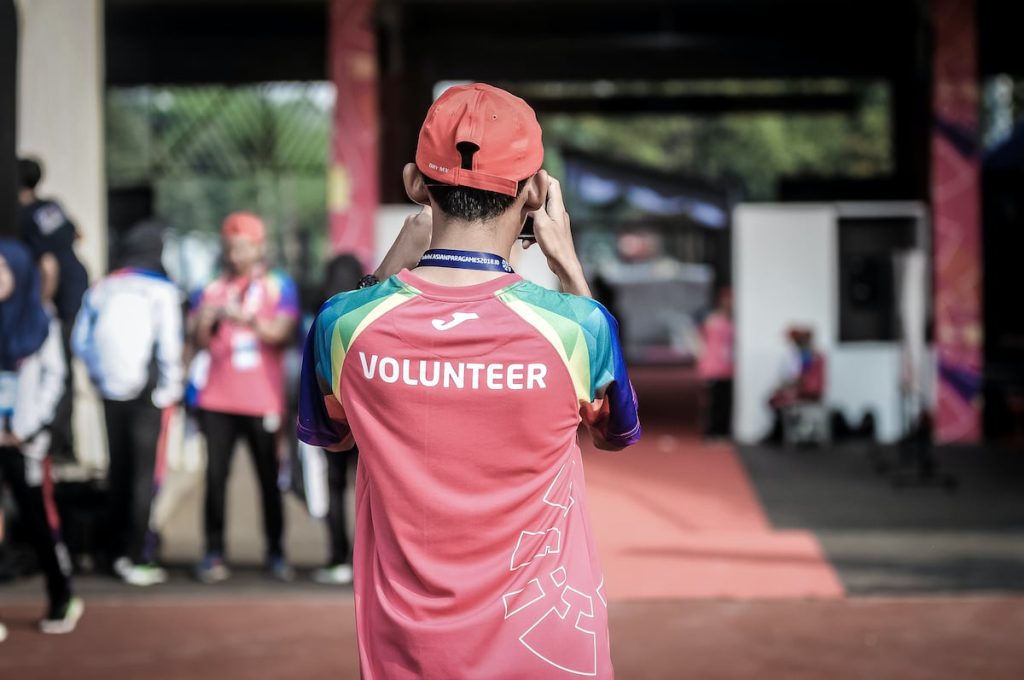Voluntourism is a growing trend that involves traveling to a developing country to engage in activities that are marketed as volunteer work, but often end up doing more harm than good. These activities, such as painting walls or digging trenches for short periods of time, can be performed by local populations, undermining their ability to find work and support themselves. The culture of voluntourism perpetuates stereotypes and prejudices, reinforcing the idea of a superior race with a white savior complex.
Many voluntourists are young students with little to no experience who believe they can change the world in just a few weeks. This sense of immediacy and urgency reflects a need for instant gratification and a lack of understanding of the complexities of development work. Cooperracism is a term used to describe the negative impact of voluntourism, as it mimics cooperation but ultimately perpetuates harmful attitudes and behaviors.
Cooperating in a developing country is a privilege that requires training, experience, and a deep understanding of the local context. It is important to recognize and address inequalities and to approach the work with humility, respect, and professionalism. Avoiding a paternalistic attitude and promoting empowerment and autonomy are essential in effective cooperation. Understanding and respecting local cultures, traditions, and languages is also key.
A guide for working in a developing country includes treating all people with dignity and respect, acting honestly and ethically, acknowledging mistakes, and avoiding a white savior complex. It is important to work with dedication, commitment, and a focus on excellence and quality, without settling for less. Avoiding performative actions, such as voluntourism, and influencers, and respecting local customs and traditions are also necessary components of effective cooperation.
Ultimately, the goal of cooperation in a developing country should be to work collaboratively towards sustainable change and development, rather than seeking personal validation or instant recognition. By following these guidelines and approaches, individuals can contribute positively to global development efforts and work towards creating a more equitable and just world for all.


